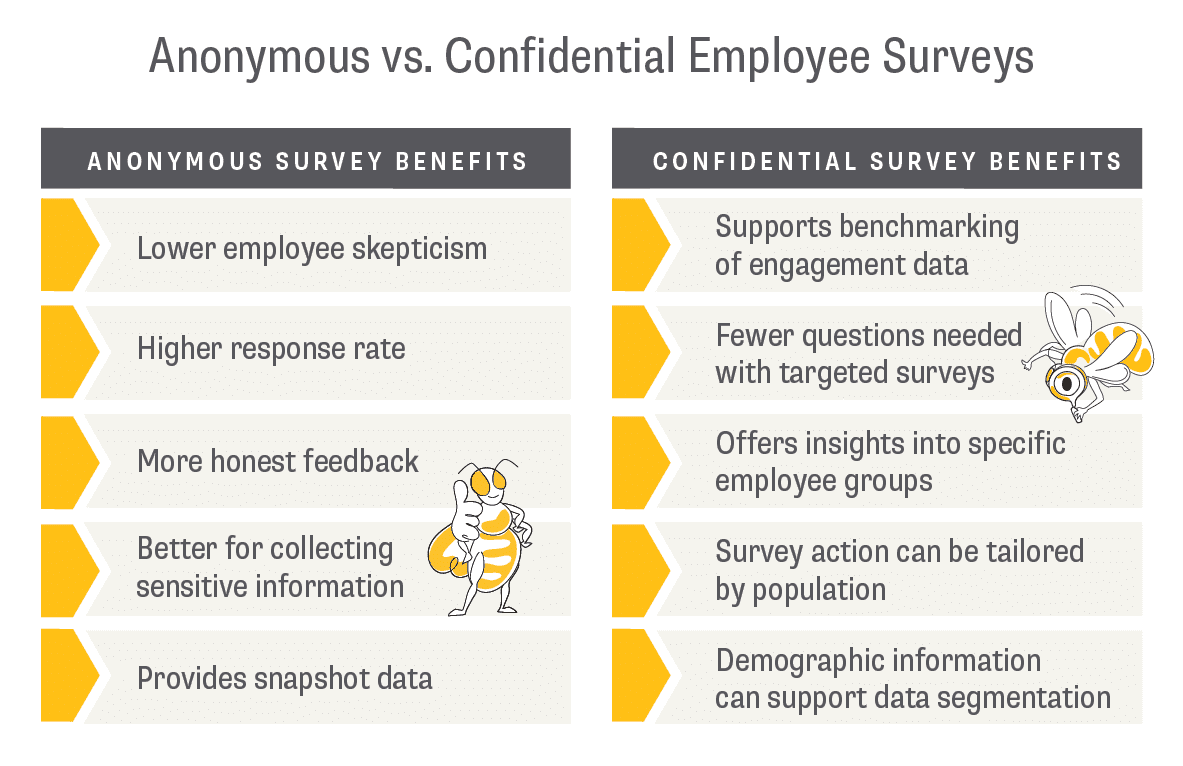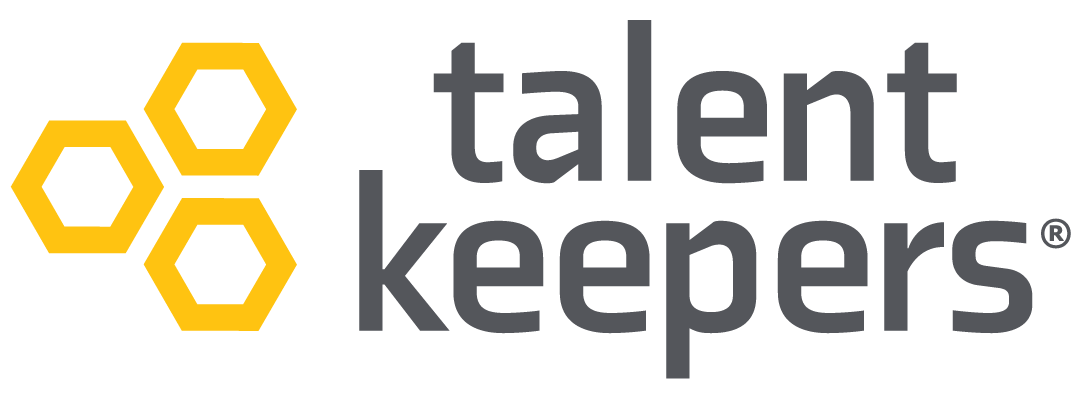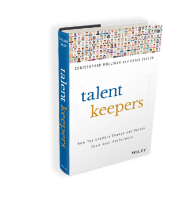Anonymous surveys ensure that respondents are completely unidentifiable by any party involved in the survey process. Confidential surveys allow respondents to be recognized by the survey researchers, but precautions are taken to protect respondents’ identities from other parties. Both types of surveys are useful tools to inform your employee engagement plans.
What’s The Difference Between An Anonymous And A Confidential Employee Survey?
The main difference between an anonymous and a confidential survey is the type of feedback data they collect. Anonymous surveys allow you to ask about sensitive issues and gain candid employee feedback. Confidential surveys support progress tracking with benchmark opportunities and the ability to create targeted action efforts.
An employee survey is a tool that measures how engaged your employees are with your organization or company. Surveys are vital for any organization to promote a positive workplace culture and identify any issues that may hinder organizational progress. The benefits of administering employee engagement surveys include building trust with employees, increasing employee retention rates, enhancing leadership effectiveness, and more.
When using employee engagement surveys, anonymity and confidentiality can be crucial in survey outcomes. These features determine what type of data you can collect and how it can be used.
Anonymous surveys will yield quantitative data. You will need to include more questions (to cover all areas) as they are typically used to collect company-wide, aggregate data. Anonymous surveys are best for capturing point-in-time data that won’t be needed for historical reference, have a higher response rate, and earn higher trust among respondents.
Confidential surveys yield qualitative data. These surveys are best for collecting benchmark data that can be used to gauge employee engagement trends over time. They allow fewer questions since they can be administered to smaller groups or departments. Confidential surveys can provide team leaders with feedback to identify issues within their specific employee groups. Confidential surveys may have lower response rates due to some respondents’ reluctance to trust their confidentiality—leading them to withhold candid feedback.

Are Employee Survey Responses Confidential?
Transparency regarding the confidentiality or anonymity of employee surveys is absolutely critical. A lack of transparency in the engagement survey process can reduce trust between employees and leadership, contributing to low employee engagement. Many employees have concerns about experiencing repercussions from giving honest feedback on a survey—especially if it’s not positive. This is a valid concern, so you need to be clear about the level of confidentiality or anonymity your survey will have before asking employees to take it.
Employee respondents cannot be identified by anyone associated with the anonymous survey process. Internal survey administrators cannot tie a survey and its responses back to any single employee. In a confidential survey, the administrators can access identifiable employee data collected in the survey process.
The employee data that is collected in a confidential survey is beneficial. It can identify challenges within specific teams or departments. It can inform action needed in some areas that may not be needed elsewhere in the organization—allowing you to focus engagement resources where they are most needed.
Using a third-party survey tool will ensure the confidentiality or anonymity of your employee engagement surveys. Talent Keepers uses employee engagement survey software that does not collect IP addresses or other data that may be used to identify a respondent. Unique and random survey codes and links are utilized so respondents can access the survey.
Which Type Of Survey Data Should You Use In Your Employee Engagement Plan?
Choosing an anonymous or confidential employee survey is ultimately decided by the outcomes your organization wishes to achieve. Achieving a more engaged workforce can be accomplished with either type of survey. With confidential surveys, it is even more important to be transparent about the identifying data being collected and explain why it is helpful for the engagement process.
Anonymous Employee Surveys
Anonymous surveys are the best choice when your survey includes potentially sensitive information (such as feedback on leadership, income, mental health, etc.). Respondents are likelier to be honest in their feedback on these issues if they know their identity will not be revealed. The surveys are easier to administer because you don’t have to ensure that the right employee group gets the right survey. Anonymous surveys are also ideal when you don’t need to perform a follow-up,
There are some disadvantages to using an anonymous survey. They don’t allow for contextual answers, making it hard to determine the reasons behind some negative survey feedback. Respondents can “troll” the survey, knowing their answers won’t be tied back to them. Anonymous surveys are less actionable; you can’t create targeted action linked to the survey results of specific employee groups.
Confidential Employee Surveys
Confidential surveys are commonly used for the employee engagement process. Confidential surveys are frequently recommended to help an organization get insights that can be analyzed by role, tenure, group, etc. They’re the best choice when you want to be able to follow up with another, later survey and have benchmark data for comparison. These surveys are ideal for supporting the process of creating targeted action plans based on the needs of specific groups of employees.
However, confidential surveys can run the risk of receiving a lower response rate. This can stem from respondents’ skepticism about their level of privacy and concern about the potential repercussions of giving negative feedback. Smaller organizations may find it difficult to use confidential surveys due to their smaller sample sizes and increased likelihood of employee identification.
How To Conduct A Confidential Or Anonymous Employee Survey
It’s important to clearly communicate the engagement process with your employees at the start. Keep your communication channels open throughout the process and give regular updates. When conducting an employee engagement survey, it’s also important to clearly state from the beginning what data is being collected and how.
To create an anonymous survey, you must avoid asking for any personally identifiable information. This can include seemingly innocuous bits of information, such as how many years of service the employee has. Job title, salary, and even location (if your organization has more than one) can compromise the truly anonymous nature of the survey. If you’re using an online tool, go so far as to disable any tracking features. Inform your employees that their feedback is completely anonymous, even from the researchers.
To create a confidential survey, you do not need to take the same extensive steps to protect employee identification. The survey results are restricted to a particular group of people (researchers and survey administrators) with guidelines on appropriately using the data and feedback in conjunction with each other. They will impartially analyze the trends and patterns to report findings back to managers and leadership. Inform your employees what data may be used to create actionable change.
FAQs about Anonymous vs. Confidential Employee Surveys
Anonymous and confidential surveys are a big topic. Look at these frequently asked questions for answers to some of the most significant conversation points.
Should employee engagement surveys be anonymous?
Not in every case. In some cases, it is a good idea to use a confidential survey instead. These allow for some level of employee identification to facilitate targeted action, with a better use of resources, to achieve progress with your employee engagement efforts.
What is the difference between anonymous and confidential data collection?
Anonymous survey data collection protects all identifiable employee data from all survey participants. No identifying questions are asked in the survey. Confidential survey data collection allows some employee identifying information to be used in survey questions, such as job title, tenure, location, etc.
How do you ensure confidentiality in a survey?
An impartial researcher should analyze the findings to ensure confidentiality in a survey to prepare for leadership’s use in the employee engagement process. Leadership can use the identified trends and patterns to design change action.







